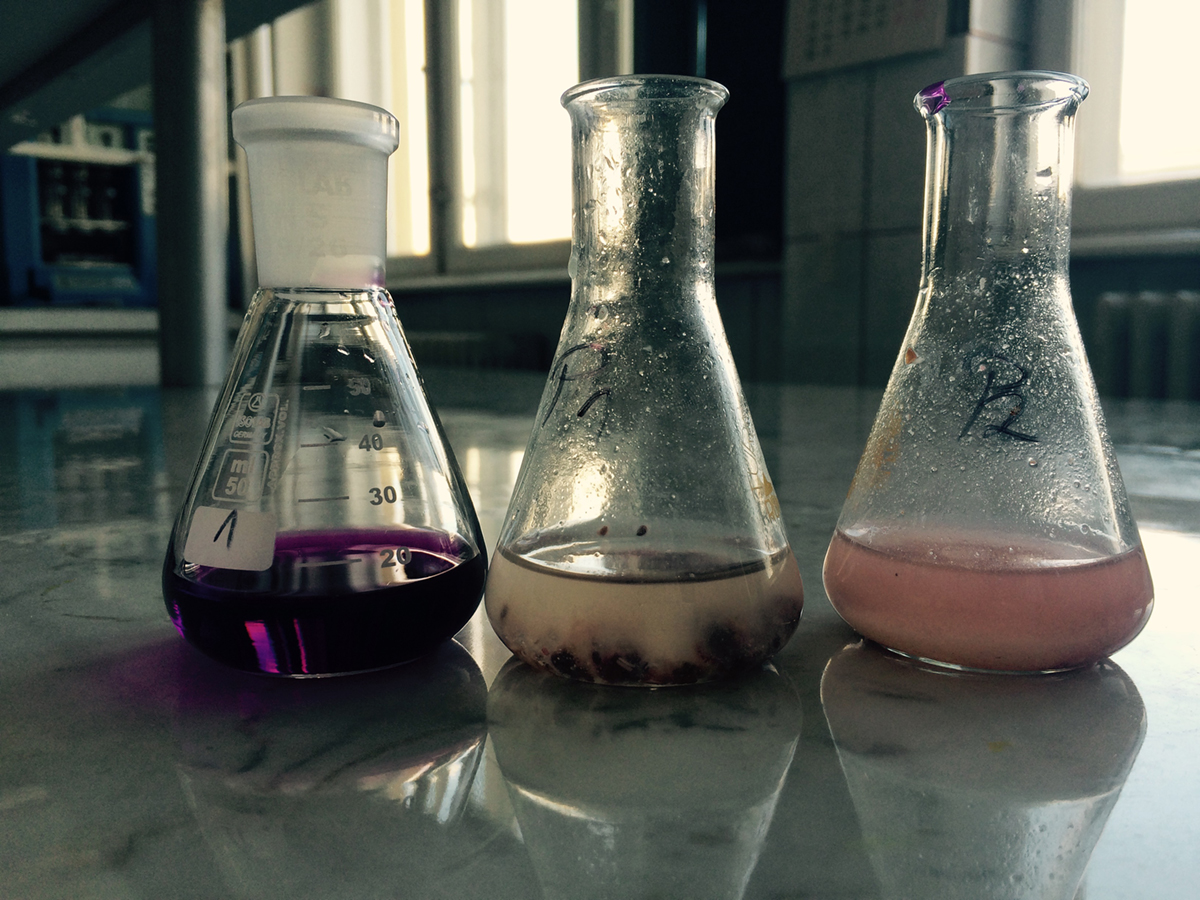
Antioxidants are molecules capable of inhibiting the oxidation of other molecules. These molecules play an important role in human health, by preventing or slowing the oxidative damage to the body. Some evidence even supports the theory that antioxidants can even reverse the already done damage. These molecules are found in different healthy foods, mainly fruits and vegetables. When taken regularly, fruit and vegetable portions can reduce the risk of coronary heart diseases, improve the immune response, and lower the risk of cancers and various other infections and ailments. Antioxidants work by inhibiting excessive free radicals in the body. Let us take a deeper look into this process.
What are free radicals?
Oxidation is a chemical reaction that transfers the electrons from one substance to an oxidizing agent. In this process, the free radicals are produced. Free radicals are atoms, molecules or ions with unpaired electrons on an open shell configuration. They are highly chemically reactive and play an important role in many of the biological processes. Body needs free radicals for many functions, such as the cell signalling or intracellular killing of bacteria by phagocytic cells such as granulocytes and macrophages. However, an overload of free radicals can lead to various degenerative diseases and cancers. Stress, cigarette smoking, alcohol, sunlight, pollution and other factors can accelerate the oxidation and create excessive amounts of free radicals. As already mentioned, these molecules are highly reactive, and they can literally “steal” the electrons from another atoms, molecules or ions, producing a cell injury or even cellular death. Gradually, this process leads to cell mutation, increased rate of aging and other associated diseases: cancer, stroke, myocardial infarction, diabetes and major disorders. There is some evidence that free radicals may also be involved in Parkinson's disease, senile and drug-induced deafness, schizophrenia and Alzheimer's.
How do antioxidants work?
People who eat fruit and vegetables are getting enough of antioxidants to lower their risk of the diseases. Antioxidants either keep the free radicals at an optimum level, or remove them before they can damage vital components of the cell. Antioxidants work in two major ways to free radicals: by providing the extra electron necessary to make the pair, and by breaking down free radical molecules to render it harmless.
Good sources of antioxidants
Good natural food sources of antioxidants are foods rich in vitamin A and carotenoids, vitamin C, vitamin E, nuts and seeds, whole greens, selenium, flavonoids, lycopeen, lutein and ligan. Some antioxidant enzymes, such as superoxide dismutase, catalase and glutathione peroxidase, are even made by the body.




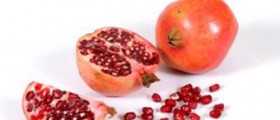
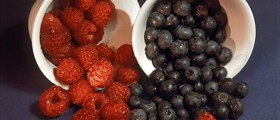




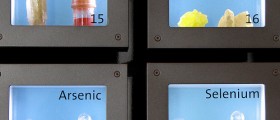

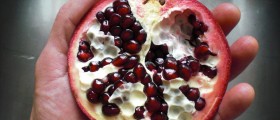



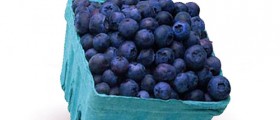
Your thoughts on this
Loading...